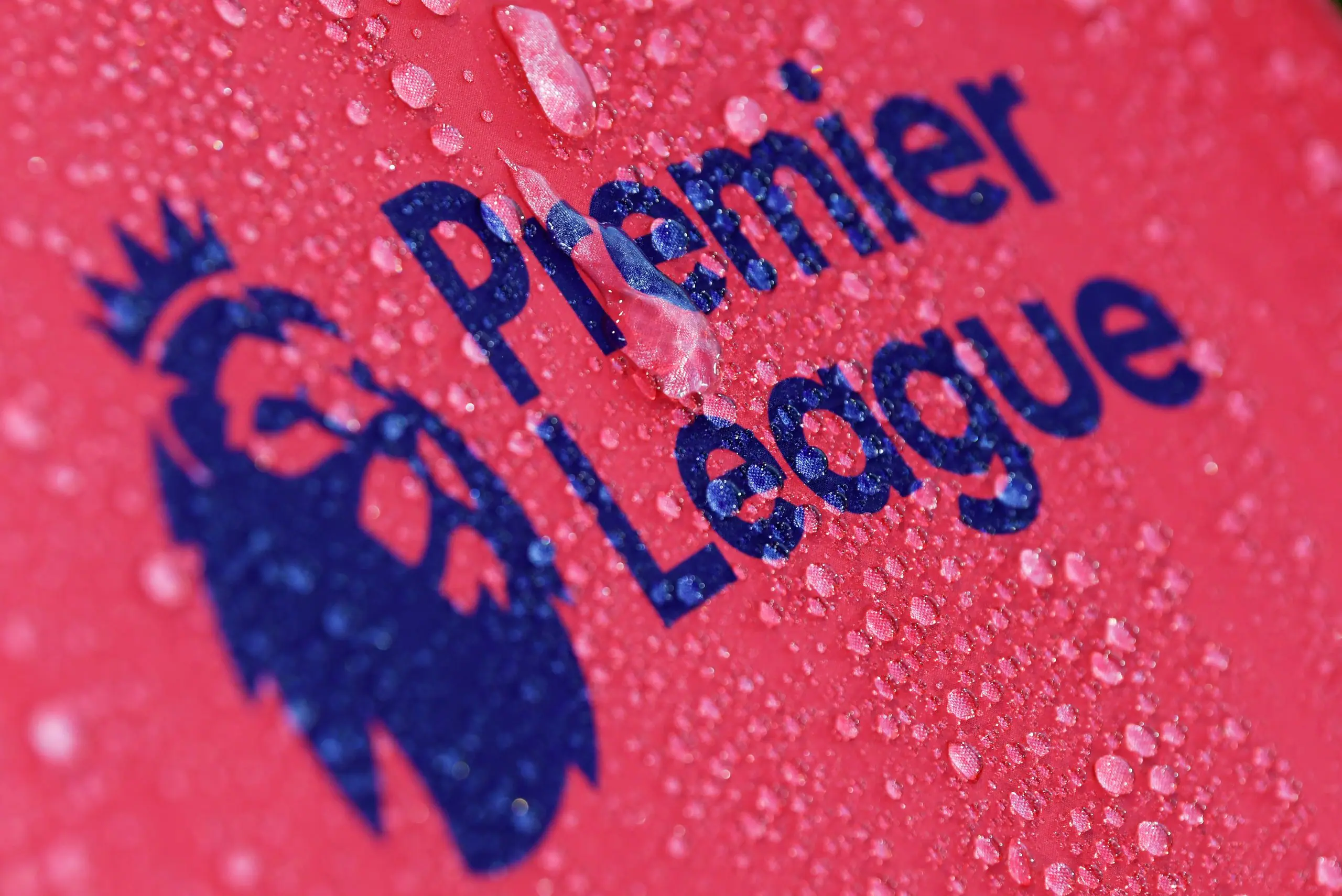“People think there must be a lot of my thinking in this Premier League – there is none. I’m not totally convinced this is for the betterment of the England team. I think a lot of this is based on greed.”
Those were the words of then-England manager Graham Taylor at the press conference in 1991 to discuss the forming of a new breakaway league.
Nearly 30 years on it is fair to say that Taylor’s assessment of the Premier League, particularly with regards to ‘greed’, was bang on the money.
English football now has a firmly established culture of the rich getting richer and the poor not really factoring into the equation as they continue to get poorer.
Read on as we take a closer look at the current disparity between the Premier League, Championship and League One.
Money, money, money
The Premier League has undoubtedly succeeded in marketing itself extremely well and is now firmly established as a truly global phenomenon.
Fans can’t get enough of the league, whether it’s watching games, searching for football tips for betting purposes or consuming the plethora of online content about the players and teams.
However, this financial behemoth has created an imbalance within English football that could ultimately end in disaster for the game as a whole.
While clubs lower down the scale are struggling to make ends meet, the Premier League generates massive revenues for its members.
This is great for the clubs that repeatedly fill the top spots, but for those whose status is less assured it can actually be hugely problematical.
Parachuting problems
Huddersfield Town received £96.6 million for finishing bottom of the Premier League last season. By contrast, the average income in the Championship is about £30m.
Clubs relegated from the top flight benefit from parachute payments over the next few seasons which are designed to address the disparity between those two figures.
Unfortunately, it has created a culture where those clubs spend beyond their means and forces other clubs to do the same in order to keep up.
When you consider that some Championship clubs are over £100m in debt – all of whom have been in the Premier League in the past – it is easy to see that the current system is fundamentally flawed.
That point is further highlighted when you discover that many clubs in the second tier have an annual wage bill that is significantly higher than their total revenues.
Crumbling foundations
The instability in the current structure is even more prominent in League One, with most of the clubs at that level living from hand to mouth.
Bury fell by the wayside before the 2019/20 season started, while numerous clubs including Bolton Wanderers and Southend United are currently facing financial difficulties.
When you factor in that a club like Sunderland have dropped into League One with their income boosted by parachute payments, it’s clear that the current set-up is badly flawed.
The knock-on effect of the boom at the top end of the game has created increasing gaps throughout the structure that are effectively killing English football from within.
Any competition is only ever as strong as its weakest club. If football continues to favour the top end while ignoring the foundations there will inevitably only be one outcome.
Add Sportslens to your Google News Feed!







